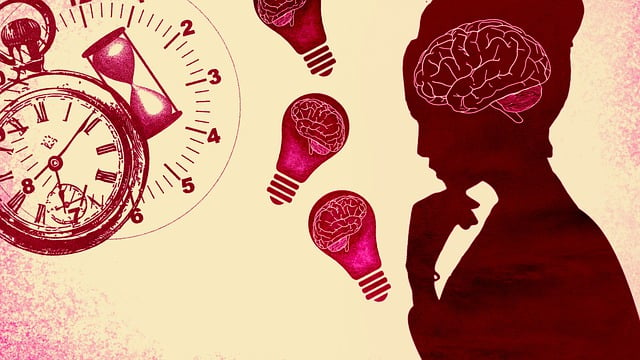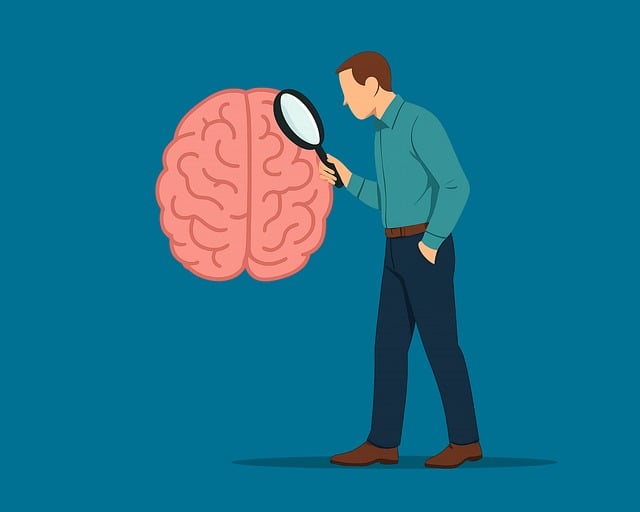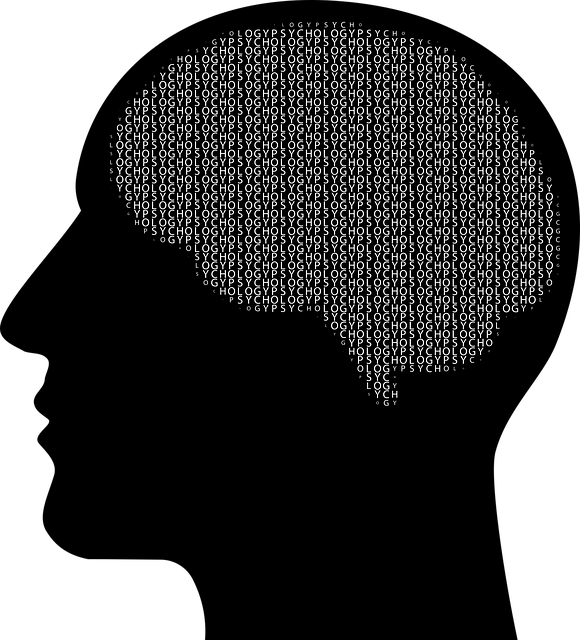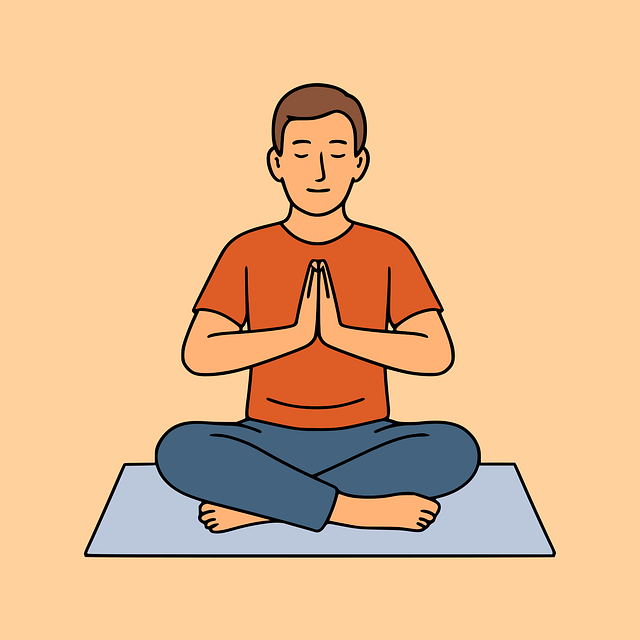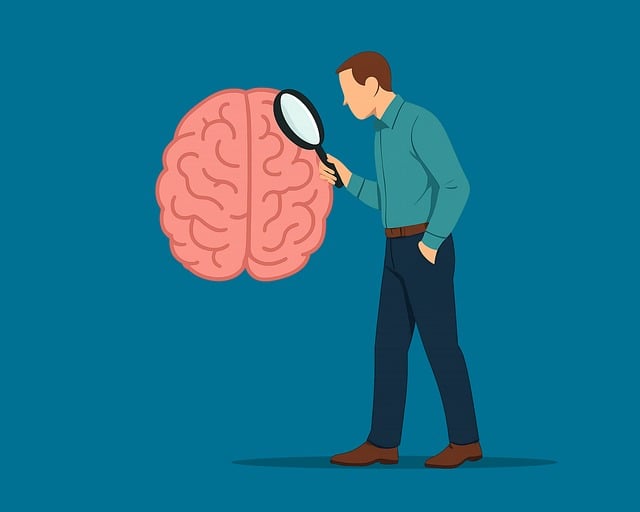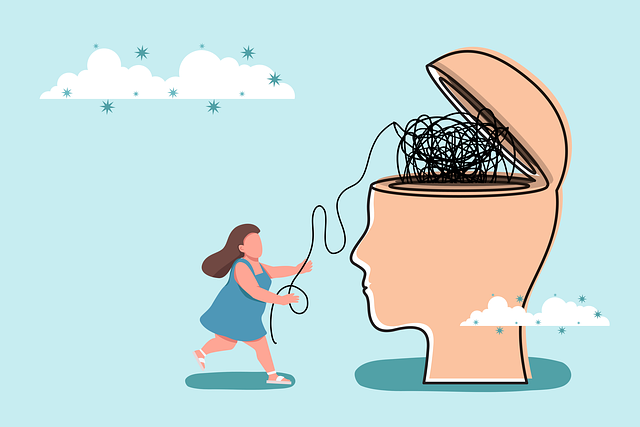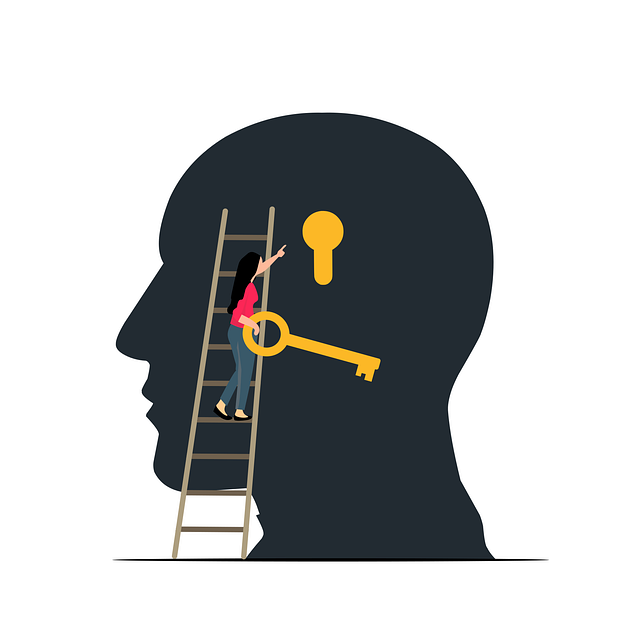Stress management is vital for maintaining mental well-being, especially in a fast-paced world. Littleton Mental Health Evaluations Therapy offers personalized therapy and coping strategies, including psychotherapy, CBT, mindfulness, and lifestyle changes, to combat chronic stress and its adverse effects on anxiety, depression, and cognitive function. They emphasize self-care, burnout prevention, community outreach, and holistic practices like yoga and meditation while advocating for accessible mental health resources and policies that promote long-term well-being and emotional intelligence.
Stress reduction is a vital component of maintaining mental health, and effective strategies can significantly improve overall well-being. In this comprehensive guide, we explore various methods to combat stress, from understanding its impact on mental health to leveraging powerful tools like Littleton Mental Health Evaluations for personalized strategies. Discover the transformative power of therapy techniques, lifestyle changes, and natural remedies to foster calmness and resilience in your daily life.
- Understanding Stress: The Impact on Mental Health
- Littleton Mental Health Evaluations: Unlocking Personal Strategies
- Therapy Techniques for Effective Stress Reduction
- Lifestyle Changes to Foster Calm and Resilience
- Natural Remedies and Mind-Body Practices for Stress Management
Understanding Stress: The Impact on Mental Health

Stress is a natural response to challenging situations, but when it becomes chronic, it can significantly impact mental health. Littleton Mental Health Evaluations Therapy reveals that prolonged stress leads to increased anxiety, depression, and even cognitive impairments. It affects not just an individual’s emotional state but also their ability to function daily, making it a critical aspect to address for holistic well-being.
Understanding the signs of stress is crucial in mental health education programs design. This includes recognizing physical symptoms like elevated heart rate and muscle tension, as well as behavioral changes such as increased irritability or difficulty concentrating. Burnout prevention strategies for healthcare providers, for instance, emphasize the importance of self-care and healthy boundaries to mitigate these effects. Community outreach program implementation can also play a vital role in promoting stress awareness and providing accessible resources for effective stress management.
Littleton Mental Health Evaluations: Unlocking Personal Strategies

In today’s fast-paced world, stress has become an ever-present companion for many. This is where Littleton Mental Health Evaluations step in as a guiding beacon, offering personalized strategies to unlock one’s path to tranquility. These evaluations are not just a diagnostic tool; they serve as a roadmap to understanding individual stress triggers and unique coping mechanisms. Through thorough assessments, professionals identify specific areas of concern, be it anxiety, depression, or work-related stress, tailoring therapy accordingly.
Littleton Mental Health Evaluations’ approach emphasizes the development of effective coping skills, such as compassion cultivation practices, which foster self-awareness and empathy. By integrating these with evidence-based therapies, individuals gain valuable tools to navigate life’s challenges. Moreover, mental wellness coaching programs can be designed to support long-term stress management, enabling folks to take control of their mental health and lead more fulfilling lives.
Therapy Techniques for Effective Stress Reduction

Stress reduction often involves exploring various therapy techniques tailored to individual needs. One effective approach is psychotherapy, which provides a safe space for individuals to process their thoughts and emotions. Skilled therapists in Littleton Mental Health Evaluations can offer different therapeutic modalities such as cognitive-behavioral therapy (CBT), mindfulness-based practices, or interpersonal therapy, depending on the client’s unique circumstances. CBT helps identify and change negative thought patterns contributing to stress, while mindfulness techniques promote present-moment awareness and emotional regulation.
Additionally, crisis intervention guidance plays a crucial role in managing acute stress. These interventions aim to stabilize individuals during intense periods, teaching them coping strategies to prevent future crises. Emotional intelligence, fostered through therapy, empowers people to understand and manage their emotions effectively. Beyond therapy sessions, ongoing self-care practices and a supportive mental health policy analysis and advocacy can further enhance stress reduction efforts, ensuring individuals have access to the resources they need for long-term well-being.
Lifestyle Changes to Foster Calm and Resilience

Adopting a calm lifestyle can significantly impact stress reduction and overall mental wellness, as supported by research in Littleton Mental Health Evaluations. Simple yet powerful changes can foster resilience and promote a sense of peace. One effective strategy is incorporating regular physical activity into your routine; whether it’s a morning jog, yoga practice, or even a brisk walk in nature, these activities release endorphins, which are natural mood lifters. Additionally, prioritizing quality sleep by establishing a consistent sleep schedule and creating a relaxing bedtime ritual can dramatically improve stress management.
Nutrition also plays a vital role in mental wellness. A balanced diet rich in whole foods provides the body and mind with essential nutrients, enhancing overall well-being. Practicing mindfulness during meals, such as through mindful meditation or journaling about culinary experiences, can further promote a sense of calm. These lifestyle adjustments, coupled with therapy and guidance from mental health professionals, can empower individuals to navigate stressful situations more effectively and build long-lasting resilience, thereby improving their overall quality of life and encouraging positive Self-Esteem Improvement.
Natural Remedies and Mind-Body Practices for Stress Management

Many individuals are turning to natural remedies and mind-body practices as effective stress reduction methods, often explored in the context of Littleton mental health evaluations and therapy. These alternative approaches complement traditional therapy by addressing the mind-body connection, which is crucial for holistic well-being. Practices like yoga, meditation, deep breathing exercises, and mindfulness have gained prominence due to their ability to manage stress and promote relaxation.
Incorporating cultural sensitivity in mental healthcare practice has become essential, reflecting diverse needs and beliefs. These remedies offer a gentle, holistic approach to mood management, appealing to those seeking non-pharmacological interventions. Studies show that mind-body practices can reduce symptoms of anxiety and depression, leading to improved overall mental health outcomes. Additionally, advocates for mental health policy analysis and advocacy push for greater access to such integrative therapies as part of comprehensive mental healthcare solutions.
Stress reduction is a holistic journey, and combining professional guidance from Littleton Mental Health Evaluations with personalized therapy techniques and lifestyle adjustments can lead to significant improvements in mental health. By unlocking individual strategies and adopting natural remedies, individuals can navigate life’s challenges with resilience and find their calm amidst the chaos. These comprehensive methods empower folks to take control of their well-being and foster a healthier, more balanced lifestyle.
